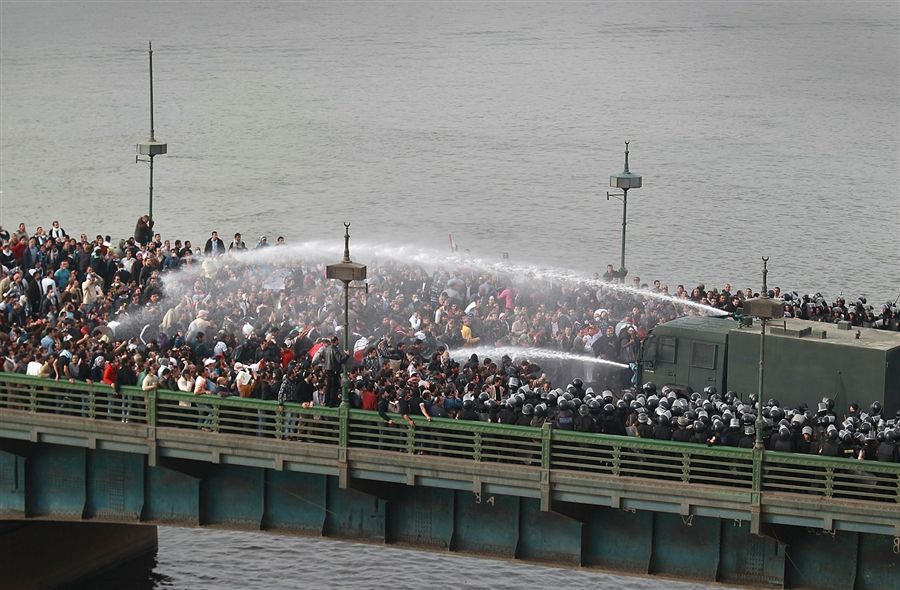AMMAN: Jordan’s largest opposition group said Friday it will boycott the country’s November parliamentary elections, dealing a blow to the polls the government has hailed as the fruit of its ongoing political reforms.
The powerful Muslim Brotherhood Movement said its decision stemmed from an electoral law, introduced in May, which it says will significantly undermine the group’s robust showing in past elections.
The new legislation reduced seats for lawmakers elected from urban areas, where the Brotherhood holds sway, and increased those from rural regions, dominated by pro-government Bedouin tribes.
It also added 10 new parliament seats, bringing the number of lawmakers in the next parliament to 120, and doubled the women’s quota to 12 seats.
Brotherhood spokesman Jamil Abu-Bakr said the law "directly targets" the Brotherhood.
"We were squeezed by the electoral law and we find ourselves forced to boycott the elections," he said. "The government has no serious will for political reform."
Political analyst and a former royal adviser, Khaled Mahadeen, said the boycott is a blow to Jordan’s reform efforts since the country’s largest opposition group will not have a voice in parliament.
"The upcoming parliament will virtually be run by pro-government politicians," he said.
Pro-Western King Abdullah II has promised to speed up reforms, introduce progressive legislation giving wider freedom to women, political parties and the media, and impose strict penalties for corruption and nepotism.
The Brotherhood, however, has argued the changes are cosmetic.
The group held nearly half the parliament seats between 1989-1997 but later lost much of its popular support because Brotherhood lawmakers were seen as failing to pursue programs for better economic conditions in cash-strapped Jordan, where poverty and unemployment are high.
Instead, Brotherhood’s lawmakers focused on issues widely perceived by most Jordanians as frivolous — such as segregating the sexes in sports, forcing women to wear the head scarf and banning television programs deemed as lewd.
In the last parliament, elected in 2007, the Brotherhood won only six out of 110 seats.
However, the group remained popular outside the parliament because it runs Jordan’s largest charity network that involves schools, banks, hospitals and health clinics, providing nearly free-of-charge services to needy Jordanian Muslims and thereby filling a service vacuum neglected by the government.
Abu-Bakr said that the Brotherhood’s 51-member Shura, or consultative council, also recommended the group’s political arm, the Islamic Action Front, stay away from the polls. He said IAF will give its decision on Saturday.
The Brotherhood also boycotted the elections amid a government crackdown in 2003.


